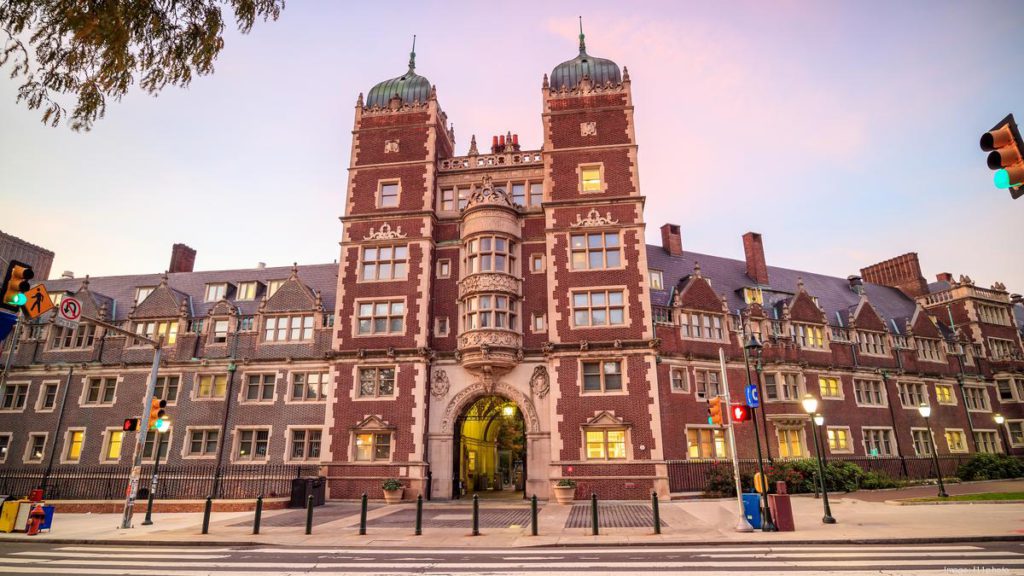Admission to medical colleges in America is a highly competitive process, and each institution may have its own specific criteria for selecting students. However, there are common elements that many medical schools consider when evaluating applicants. Here’s a breakdown of the typical admission criteria:
- Academic Performance:
- GPA (Grade Point Average): Most medical schools have a minimum GPA requirement. A strong GPA in science and non-science courses is often emphasized.
- Science Course Performance: High performance in key science courses, such as biology, chemistry, physics, and mathematics, is crucial.
- Medical College Admission Test (MCAT):

- The MCAT is a standardized test that assesses problem solving, critical thinking, and knowledge of natural, behavioral, and social science concepts and principles.
- Many medical schools have specific score requirements or consider MCAT scores alongside other factors.
- Letters of Recommendation:
- Strong letters of recommendation from professors, healthcare professionals, or employers who can attest to the applicant’s academic abilities, work ethic, and suitability for a medical career.
- Extracurricular Activities:
- Involvement in extracurricular activities, such as volunteer work, research, community service, and leadership roles, can demonstrate a well-rounded and socially aware candidate.
- Clinical and Research Experience:
- Direct exposure to the medical field through clinical experiences, internships, or research projects is highly valued.
- Demonstrating an understanding of the medical profession and a commitment to pursuing a career in medicine is important.
- Personal Statement and Essays:
- A compelling personal statement that conveys the applicant’s motivation, experiences, and personal qualities.
- Essays or responses to specific prompts may be used to gauge communication skills and self-awareness.
- Interview Performance:
- Applicants who meet initial criteria may be invited for interviews, where interpersonal skills, communication, and professionalism are assessed.
- The interview may include traditional one-on-one sessions, multiple mini-interviews (MMIs), or other formats.
- Diversity and Inclusion:
- Many medical schools actively seek a diverse student body. Applicants who can contribute to the diversity of the student body, whether in terms of background, experiences, or perspectives, may have an advantage.
- Demonstrated Interest in Healthcare:
- Evidence of a genuine interest in healthcare, patient care, and understanding of the challenges and rewards of a medical career.
- Ethical and Professional Behavior:
- Adherence to ethical standards and a demonstration of professionalism in all aspects of the application process.
It’s essential for prospective medical students to thoroughly research the specific admission requirements of each medical school they are interested in, as variations exist among institutions. Additionally, meeting minimum requirements does not guarantee admission, as medical school admissions are highly competitive. Successful candidates often possess a combination of strong academic performance, meaningful experiences, and a genuine passion for medicine.
Academic Performance:
- Undergraduate GPA: A strong academic record is crucial. Most medical schools have a minimum GPA requirement, often around 3.5 or higher.
- MCAT Scores: The Medical College Admission Test (MCAT) assesses knowledge of natural, behavioral, and social science concepts. Competitive scores vary but often fall within the 510-520 range.
- Prerequisite Courses: Completion of specific coursework in biology, chemistry, physics, and math is required by most medical schools.
Extracurricular Activities:
- Clinical Experience: Volunteering or working in healthcare settings demonstrates commitment and understanding of the field.
- Research Experience: Involvement in scientific research can strengthen an applicant’s profile.
- Community Service: Demonstrating a commitment to service and helping others is valued.
Personal Attributes:
- Letters of Recommendation: Strong letters from professors, healthcare professionals, or employers can attest to an applicant’s character, work ethic, and suitability for the medical profession.
- Personal Statement/Interview: These provide insight into an applicant’s motivations, experiences, and personal qualities.
Other Factors:
- Diversity and Unique Experiences: Schools often value diversity in backgrounds and experiences.
- Leadership and Interpersonal Skills: Demonstrated leadership abilities and strong interpersonal skills are highly regarded.
Considerations:
- State Residency: Some public medical schools give preference to in-state residents.
- Early Decision Programs: Some applicants may opt for early decision programs to increase their chances of acceptance at their preferred institution.
Keep in mind that each medical school has its own specific criteria and preferences. It’s essential for applicants to research and tailor their applications accordingly.
Would you like more detailed information on any specific aspect of medical school admissions?

Demystifying Medical College Admission Criteria in the US: A Comprehensive Guide
Introduction:
Exploring the stringent and multifaceted criteria that aspiring medical students need to navigate to secure admission in esteemed American medical colleges.
Section 1: Academic Excellence – The Foundation of Admission
- GPA Requirements: Understanding the significance of a high undergraduate GPA and its role in admissions.
- MCAT Mastery: Delving into the importance of MCAT scores and strategies for success.
- Prerequisite Courses: Highlighting the essential coursework in sciences demanded by medical schools.
Section 2: Beyond Academics – Demonstrating Well-Roundedness
- Clinical Exposure: Exploring the value of hands-on experience in healthcare settings.
- Research Endeavors: Discussing the impact of research involvement on an applicant’s profile.
- Community Engagement: Emphasizing the significance of volunteer work and community service.
Section 3: Showcasing Personal Attributes
- Letters of Recommendation: Understanding the weight of strong endorsements and tips on securing them.
- Personal Statements and Interviews: Crafting impactful narratives that reflect an applicant’s motivations and suitability.
- Leadership and Diversity: Recognizing the importance of leadership skills and diverse experiences.
Section 4: Additional Considerations in Admission
- State Residency Impact: How residency status can influence admission opportunities in certain institutions.
- Early Decision Programs: Weighing the pros and cons of early decision applications for prospective students.
Conclusion:
Summarizing the intricate web of criteria that students must navigate to secure a coveted spot in American medical colleges, emphasizing the need for a holistic approach and preparation.
